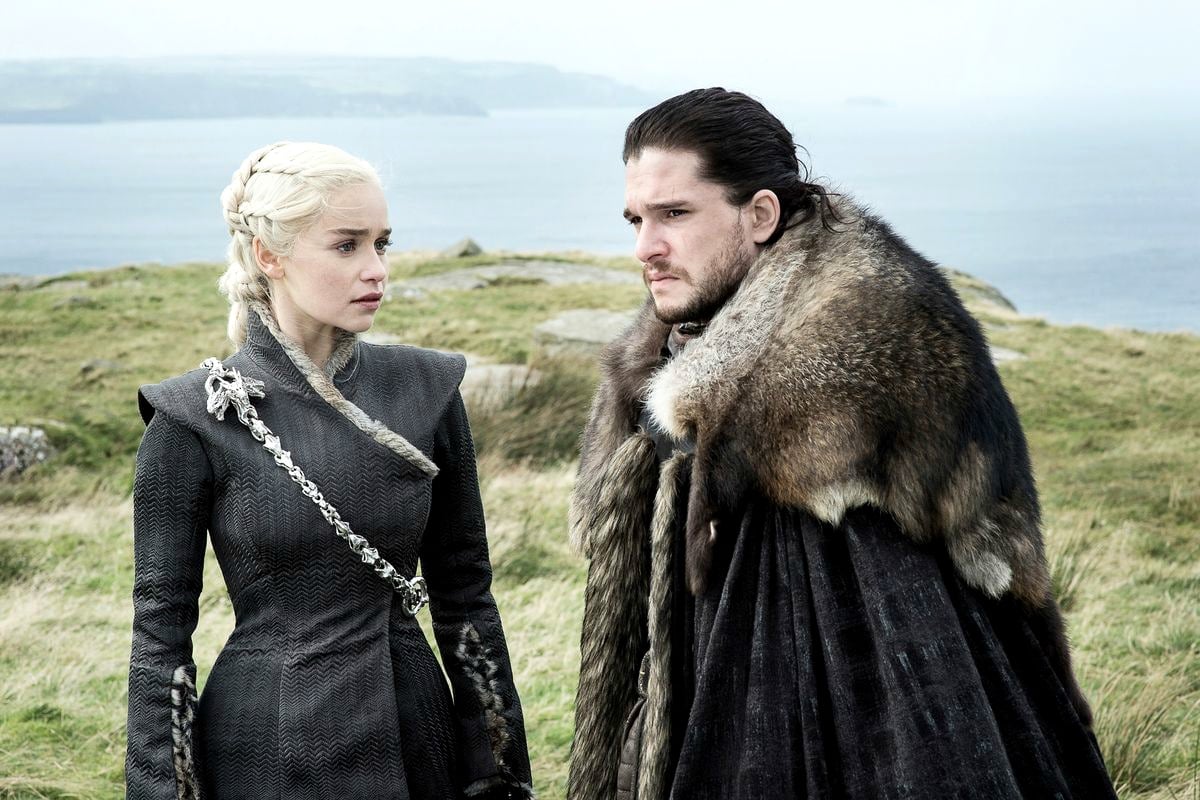
There are some very angry people in the world right now who have a petition and are not afraid to use it.
The Change.org petition in question has already garnered more than 500,000 signatures from disgruntled Game of Thrones fans who are begging HBO, the network that produces the show, to “remake Game of Thrones season eight with competent writers”. According to the signatories, show-runners David Benioff and DB Weiss “have proven themselves to be woefully incompetent writers.”
Blaming the show’s writing has been a popular war cry from fans recently who believe the final season of the blockbuster fantasy series, which is based on George R.R. Martin’s best-selling book series A Song of Ice and Fire, has under delivered its swansong.
But the writing is not solely to blame for the sharp and ill-formed twists and stumbles the series has taken this year. The missteps are instead much more to do with the culture that has sprung up around the show. A culture that has infiltrated both the inner workings of the series and the fandom that supports it.
In this final stage of its life, Game of Thrones has become shrouded in toxic ‘bro culture’ and that has been the crux of some elements of its storytelling downfalls.
Bro culture, which is sometimes also referred to as “dude culture” or “frat culture”, is explained by USA Today as being any type of behaviour that is linked to acts considered synonymous with “typical” traits of masculinity.
It should also be clear that the term “bro” isn’t a simple synonym for “male” or “guy”, but more to do with a way of thinking or speaking that invokes ideas of gender stereotypes, sexism, and even rape culture.

Top Comments
Considering how successful prior battle episodes were and how much people complained about drawn out dialogue and politics in latter plots I suppose you could put that in bro culture category. Spectical gets a lot of attention and a lot of ratings.
But most fans that thought past their omg tweets knew the show was all about the story.
No the entirety of the problem with this season and the last one was impatience and lack of care for the writing.
Actually that's not even true. Thd visuals, symbolism, touchbacks, and music implementation were all incredible. Show writers just rushed and when rushing happens plot drives the story over character. The out of character moments and lack of character development were a result of D&D trying to work the plot into the story rather than trying to work the characters into the plot.
Because they wanted to finish. And that's it.
They needed another season or at least another 5 or so episodes to draw the story out. It's pretty noticeable the difference since the writers don't have the books to refer to (season 7 was a bit b-grade too) I don't necessarily agree that it's just a case of men writing badly for female characters. The worst was what they did to Ser Barristan Selmy - he is a pivotal character in the books and he deserved better.
And why when Jon Snow only gets given a few lines this season, it's because he is a "mediocre white guy" yet when Dany doesn't get enough development it's because of bro culture?